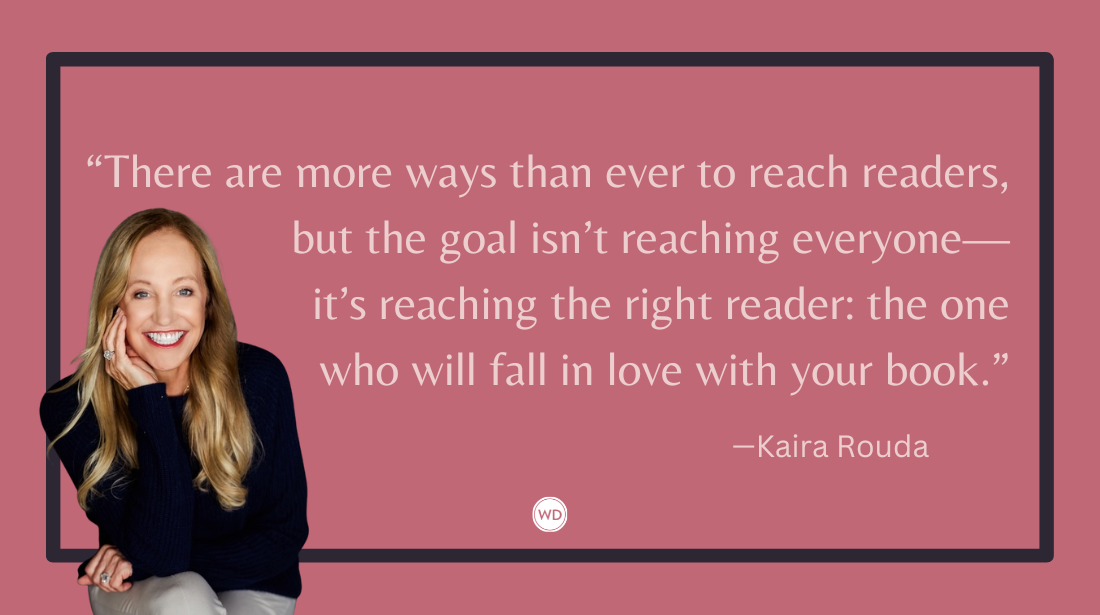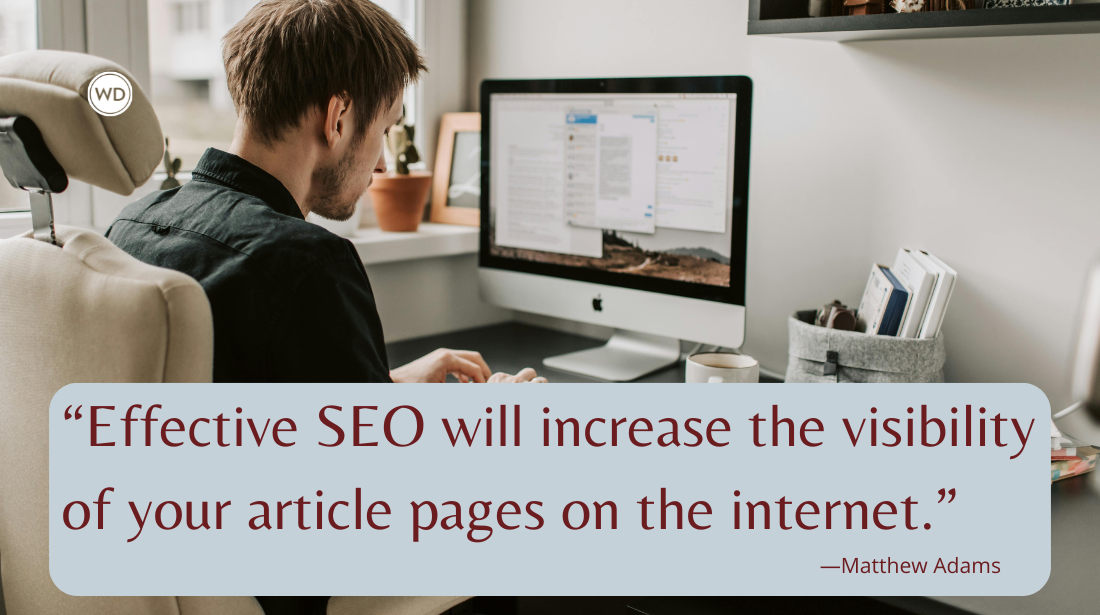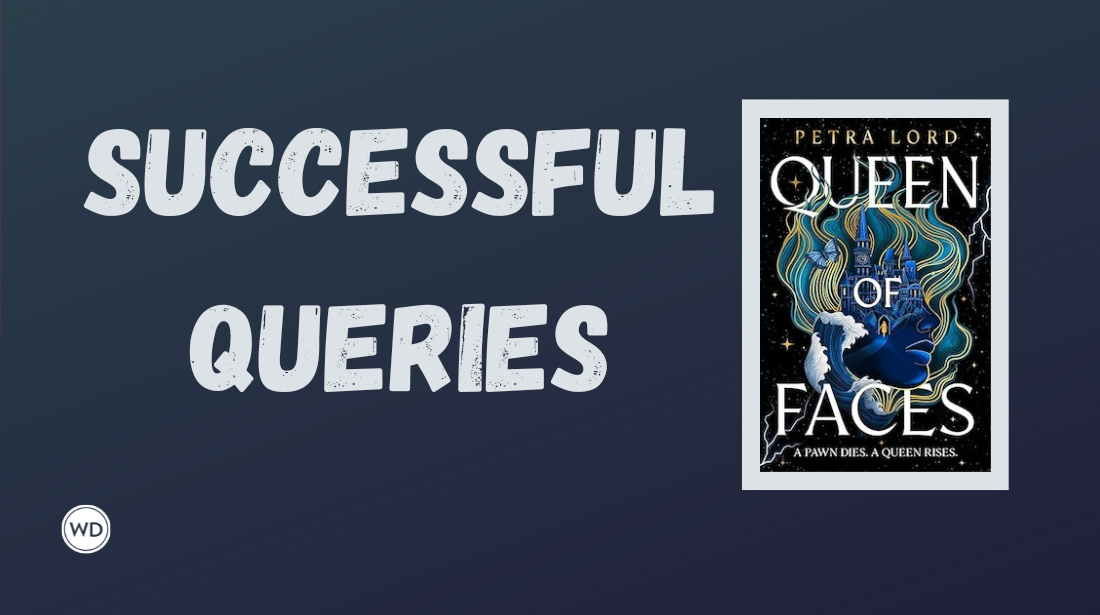3 Publishing Trends Writers Must Stay On Top Of
This week marks the publishing industry’s largest trade show, BookExpo America. This is the first year since 2004 that I’m not attending, but in honor of that show, I’m offering…
This week marks the publishing industry's largest trade show, BookExpo America. This is the first year since 2004 that I'm not attending, but in honor of that show, I'm offering up 3 key industry trends you should stay on top of. (Above: My cat Zelda implores you to stay informed.)
1. Agents Becoming Publishers
This is becoming more widespread and accepted. Agents are starting to publish/distribute clients' e-books editions; see Ed Victor in the UK for the biggest recent example. Agents are also testing e-book originals, e.g., Scott Waxman's Diversion Books.
Why you need to stay on top of this
Agents' roles are changing. To make the best decisions for your career, you need an understanding of what constitutes traditional vs. emerging practices. While some people might question whether agents can stay on the right side of ethics when they publish clients' work, it will boil down to an agency's reputation and clout, rather than its adherence to a set of increasingly outdated ethical guidelines.
2. Amazon Becoming a Publisher
Hopefully you haven't been living in a cave, and you've heard about Amazon's growing footprint as a publisher of e-book originals. There's a good summary of its current imprints here, but it's already out of date. Thomas & Mercer, a mystery/thriller imprint has since been announced, and also—just announced in the last 24 hours—one of the biggest names in book publishing is leaving agenting to head up yet ANOTHER imprint, still to be named.
Why you need to stay on top of this
Amazon is ramping up its publishing operations and poaching recognized book pub talent. One day, instead of dreaming about your next big deal with Penguin, you might be dreaming about your big break with Amazon.
Don't forget Amazon now has two of the most popular self-publishing services: CreateSpace (for POD) and Kindle Direct Publishing. Amazon would be foolish not to be actively surveying the ranks of self-published authors for statistical signs of the next Amanda Hocking.
Will self-pub via Amazon become a proven way to get noticed? If that seems far-fetched, see this post: Is an e-book the new query?
3. E-Book Sales Increasing
Speaking of Amazon, they just recently announced that their Kindle e-book sales now outpace print books sales. Remember: This is just the ratio at Amazon, not the entire book industry, but the decline of physical bookstores (see Borders bankruptcy) will only quicken the transition.
Why you need to stay on top of this
The faster this happens, the more it impacts what decisions you make on when, how, and why to publish. It's why JA Konrath and Barry Eisler have decided to step away from a traditional publishing house: Because they see more money to be made in the long run from strictly e-book sales paying a higher royalty.
Of course, there are always trade-offs—otherwise self-pub phenom Amanda Hocking wouldn't have moved to a traditional publisher.
(We always want a taste of what we DON'T have, right?)
I recommend that no matter what path you choose, look for and demand flexibility in the contracts you sign. Agents can help with this, which is why agents now help their clients self-publish. (See this story of Neal Pollack, who is sticking with his traditional publisher AND self-publishing with the help of his agent.)
What other trends would you add to this list?
Jane Friedman is a full-time entrepreneur (since 2014) and has 20 years of experience in the publishing industry. She is the co-founder of The Hot Sheet, the essential publishing industry newsletter for authors, and is the former publisher of Writer’s Digest. In addition to being a columnist with Publishers Weekly and a professor with The Great Courses, Jane maintains an award-winning blog for writers at JaneFriedman.com. Jane’s newest book is The Business of Being a Writer (University of Chicago Press, 2018).









